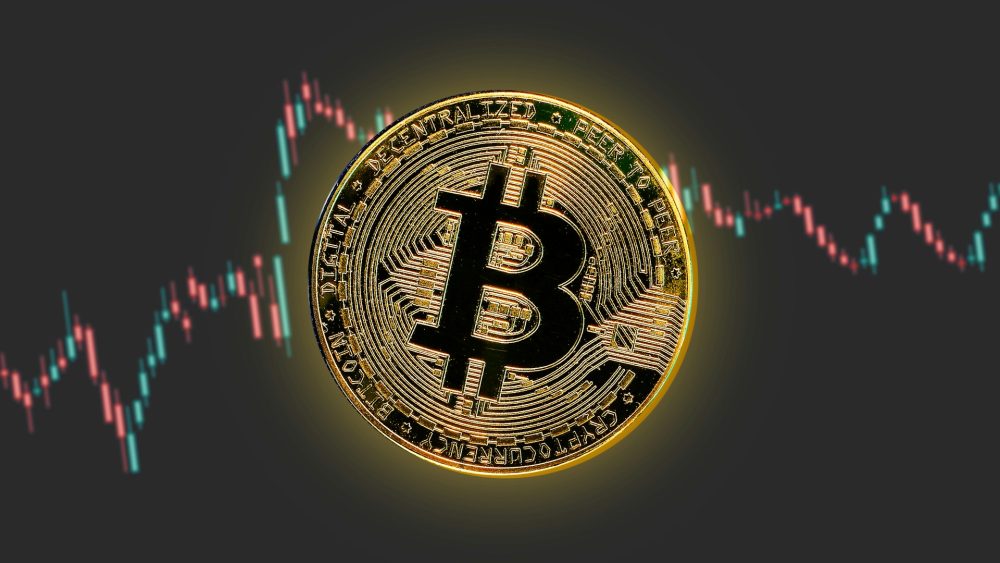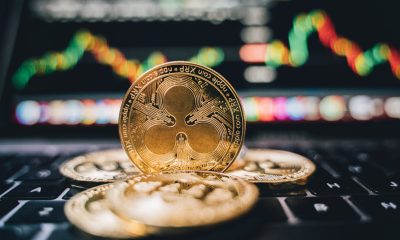Impact Investing
BlackRock, the Former Champion of ESG, Shifts to Impact Investing
After making it the spearhead of its asset management policy, Larry Fink, CEO of BlackRock, decided to stop basing itself on the criteria ESG preferring to invest directly in companies participating in the acceleration of the energy transition. This shift reflects a broader trend away from ESG investments towards direct infrastructure investments tied to the energy transition.

After years of putting pressure on investment funds and companies to put ESG (Environmental, Social, Governance) criteria at the center of their strategy, Larry Fink, the boss of BlackRock, decided in 2024 to remove definitively use this term in his written communications and public interventions.
This is not a minor adjustment in the sense that BlackRock, the world’s largest asset manager with $10,000 billion in assets under management, announced in 2020 that it would use its voting rights against the management and boards of administration of companies that do not make progress in terms of practices related to sustainable development.
In 2021, Larry Fink reinforced this positioning by affirming that BlackRock would focus on racial equity and social justice in its investment and management activities. It was thus part of a wave of ESG commitments made by all the leaders of large multinationals, eager for certified recognition of their supposedly virtuous behavior.
Over the years, this acronym has grown, with no consensus on a consistent definition and unbiased measurement. Thus, an electric vehicle producer like Tesla received worse ESG assessments from some funds than an oil and gas producer like TotalEnergie.
Read more about BlackRock and find the latest business news of the day with the Born2Invest mobile app.
BlackRock: Make money and make the world a better place
BlackRock’s initial proposition was that it was possible to both make money and make the world a better place. Ultimately, ESG funds failed to outperform the market or show that they had a measurable beneficial impact for the planet.
As a result of its turnaround, in 2023, BlackRock only voted “yes” on 9% of shareholder resolutions relating to environmental or social issues, compared to 40% in 2021. BlackRock will no longer exert pressure on shareholders. companies so that they change their behavior in the sense that BlackRock previously defined as virtuous and will no longer mention social issues. On the other hand, the fund manager will focus on transition investing, with measurable impact and safe and regular returns.
BlackRock will focus on what it knows how to do: collecting and directing capital towards renewable energy infrastructure projects such as solar, towards the production of biogas from the recycling of waste and animal waste and towards the capture of carbon. More specifically, BlackRock has already invested $550 million in the large direct carbon capture project in the air led by Occidental Petroleum.
This development by BlackRock is part of a broader shift away from investment flows towards ESG funds and a general reorientation towards infrastructure investments directly linked to the energy transition. Indeed, according to Morningstar figures, $13 billion was withdrawn from listed ESG funds in 2023 compared to an increase of $75 billion in renewable energy investment funds. These funds raised more than $500 billion between 2018 and 2023.
Larry Fink justified his change of heart by highlighting the aspect that has become politicized and divisive in the United States of the term ESG. He also highlighted the lack of consensus on ESG criteria due to the fact that ESG means different things to everyone. On the other hand, decarbonization is concrete and measurable and it has the advantage of being good for the environment and good for investors, and therefore for BlackRock shareholders.
Optimal allocation of capital towards decarbonization technologies
By fulfilling its function of allocating capital, the financial market makes it possible to implement projects with high societal value, while remunerating investors at market rates. It is not up to investors to comment on notions as vague as the merits of this or that project.
On the other hand, with the Paris climate objectives set and countries having committed to net-zero, the optimal allocation of capital towards promising decarbonization technologies and towards the deployment of the infrastructures necessary for the transition are by themselves virtuous and bearers of collective well-being.
It is fortunate that positions on impact investing and social progress in all environmental, social and governance areas are becoming calmer and more rigorous in terms of measurements. The ECB would also be inspired to relax in this area following the example of Larry Fink and to no longer seek to “reprogram” its collaborators who are not in line with ESG orthodoxy.
__
(Featured image by Florida-Guidebook.com via Unsplash)
DISCLAIMER: This article was written by a third party contributor and does not reflect the opinion of Born2Invest, its management, staff or its associates. Please review our disclaimer for more information.
This article may include forward-looking statements. These forward-looking statements generally are identified by the words “believe,” “project,” “estimate,” “become,” “plan,” “will,” and similar expressions. These forward-looking statements involve known and unknown risks as well as uncertainties, including those discussed in the following cautionary statements and elsewhere in this article and on this site. Although the Company may believe that its expectations are based on reasonable assumptions, the actual results that the Company may achieve may differ materially from any forward-looking statements, which reflect the opinions of the management of the Company only as of the date hereof. Additionally, please make sure to read these important disclosures.
First published in LA TRIBUNE. A third-party contributor translated and adapted the article from the original. In case of discrepancy, the original will prevail.
Although we made reasonable efforts to provide accurate translations, some parts may be incorrect. Born2Invest assumes no responsibility for errors, omissions or ambiguities in the translations provided on this website. Any person or entity relying on translated content does so at their own risk. Born2Invest is not responsible for losses caused by such reliance on the accuracy or reliability of translated information. If you wish to report an error or inaccuracy in the translation, we encourage you to contact us

-

 Africa2 weeks ago
Africa2 weeks agoIvory Coast Development Plan 2026–2030: Investment, Growth, and Strategic Reforms
-

 Africa23 hours ago
Africa23 hours agoMASI Surge Exposes Market Blind Spot: The SAMIR Freeze and Hidden Risks
-

 Crypto1 week ago
Crypto1 week agoBitcoin Rebounds Above $70K as Crypto Markets Show Fragile Signs of Recovery
-

 Crypto2 weeks ago
Crypto2 weeks agoCrypto Markets at a Crossroads as Bitcoin Slides to $75,000
























